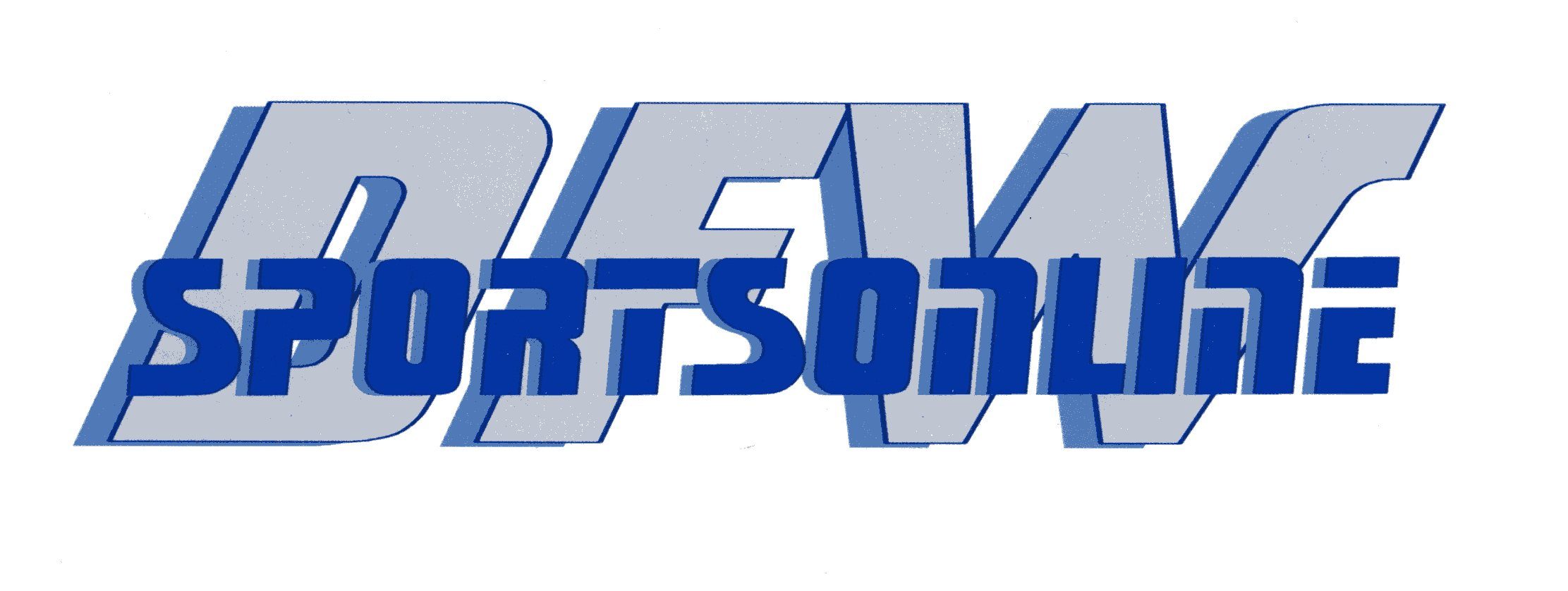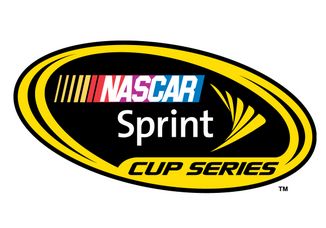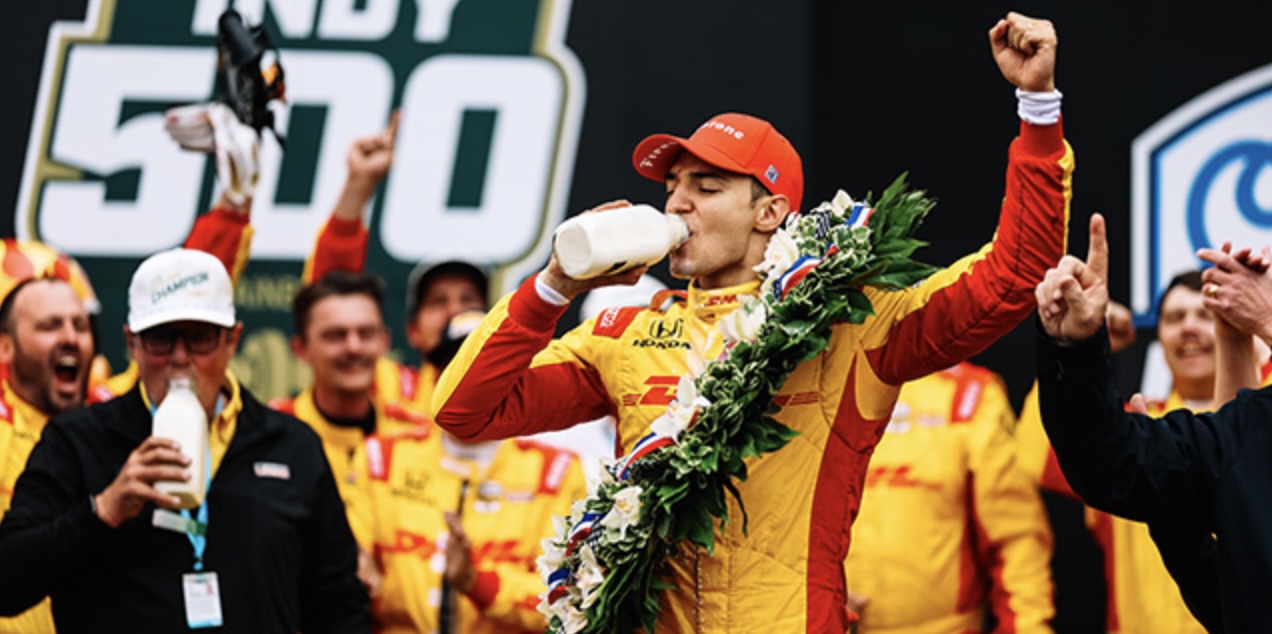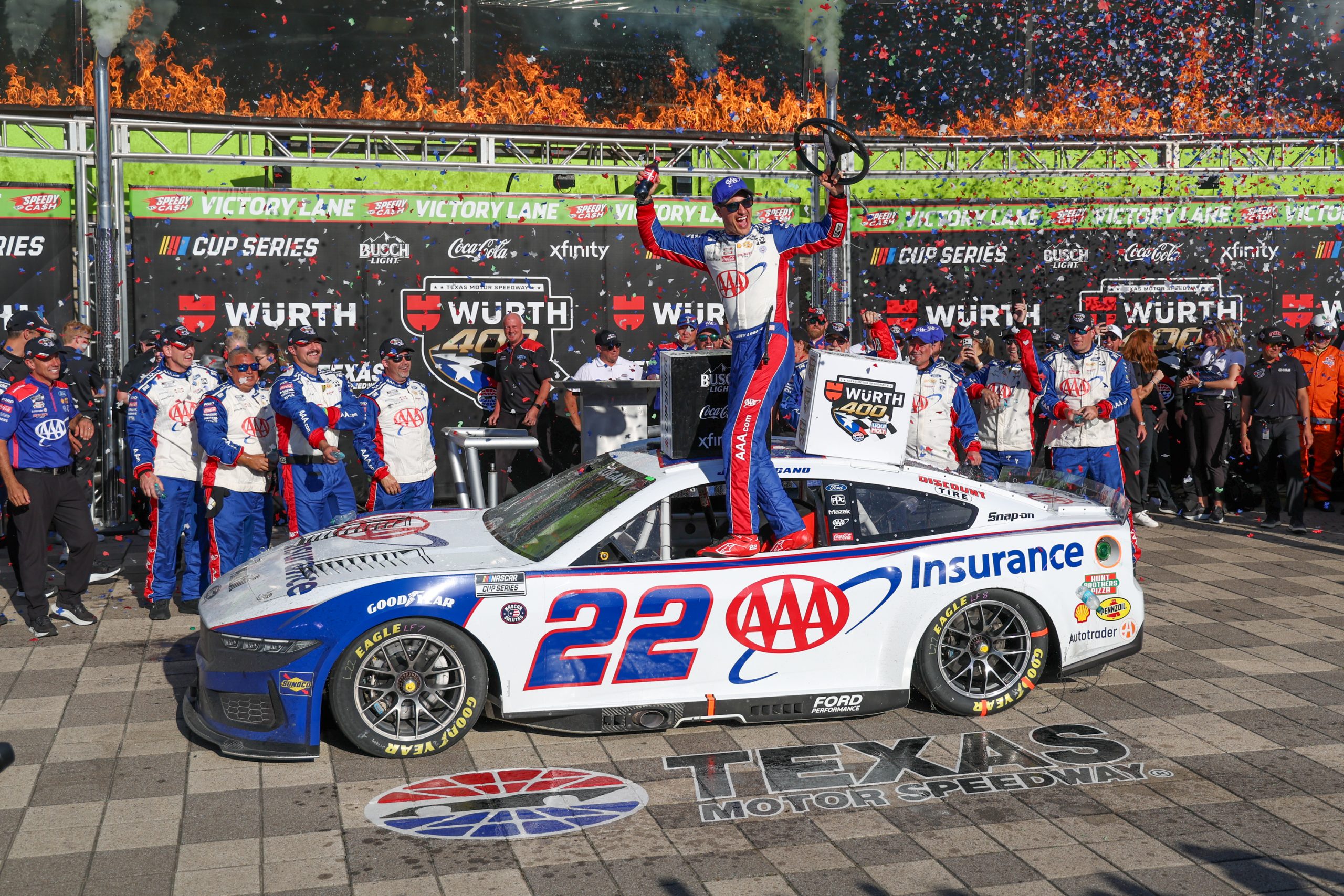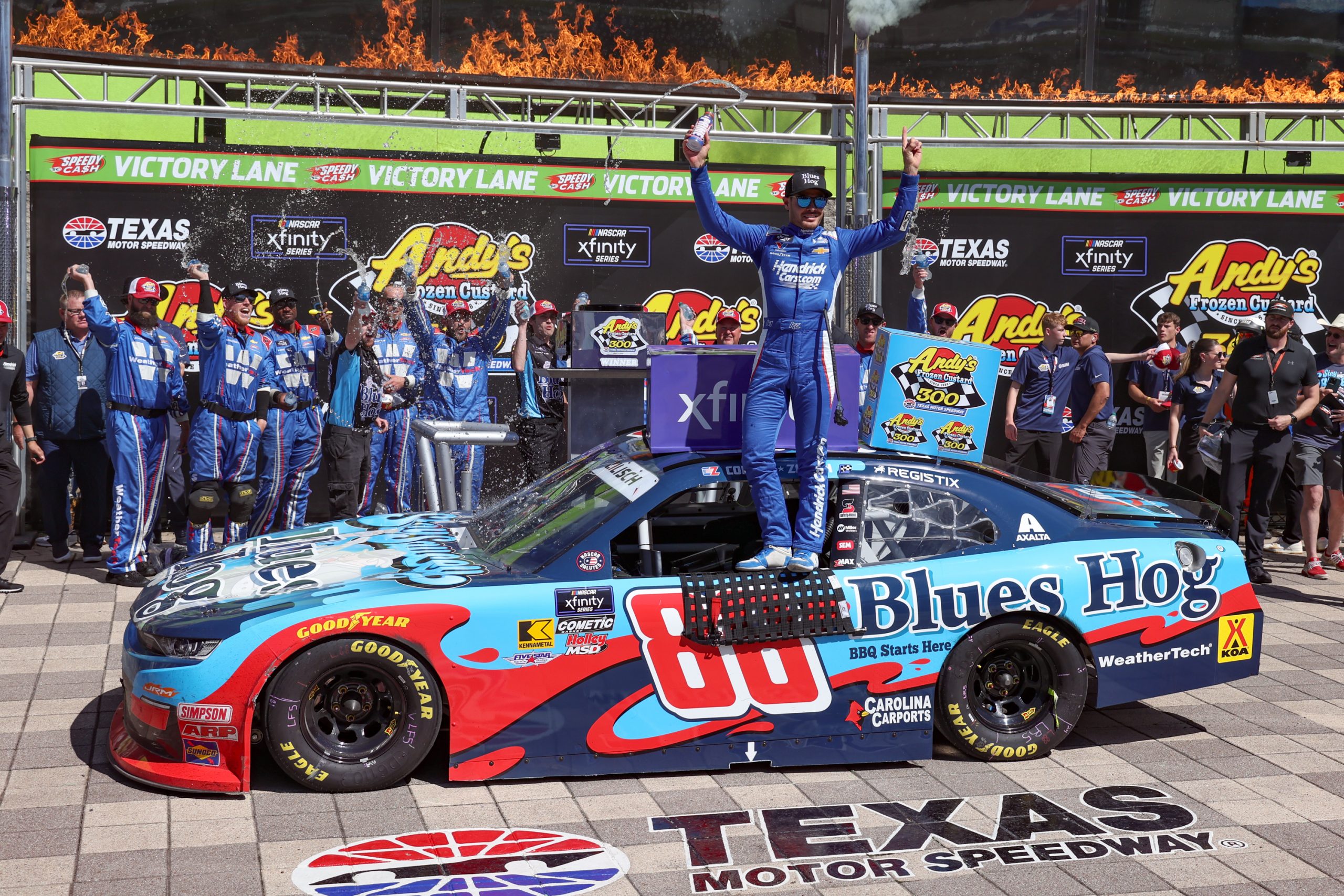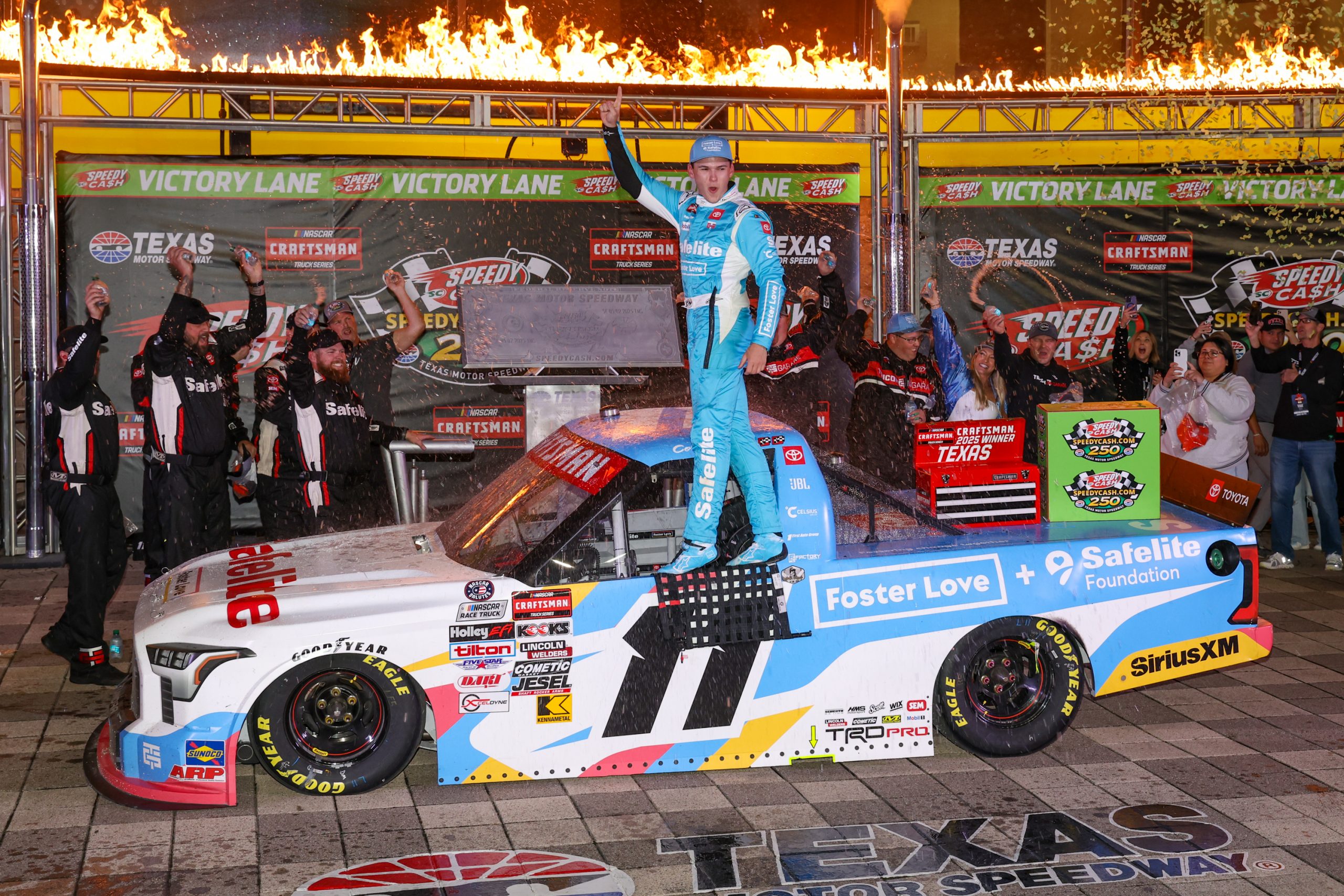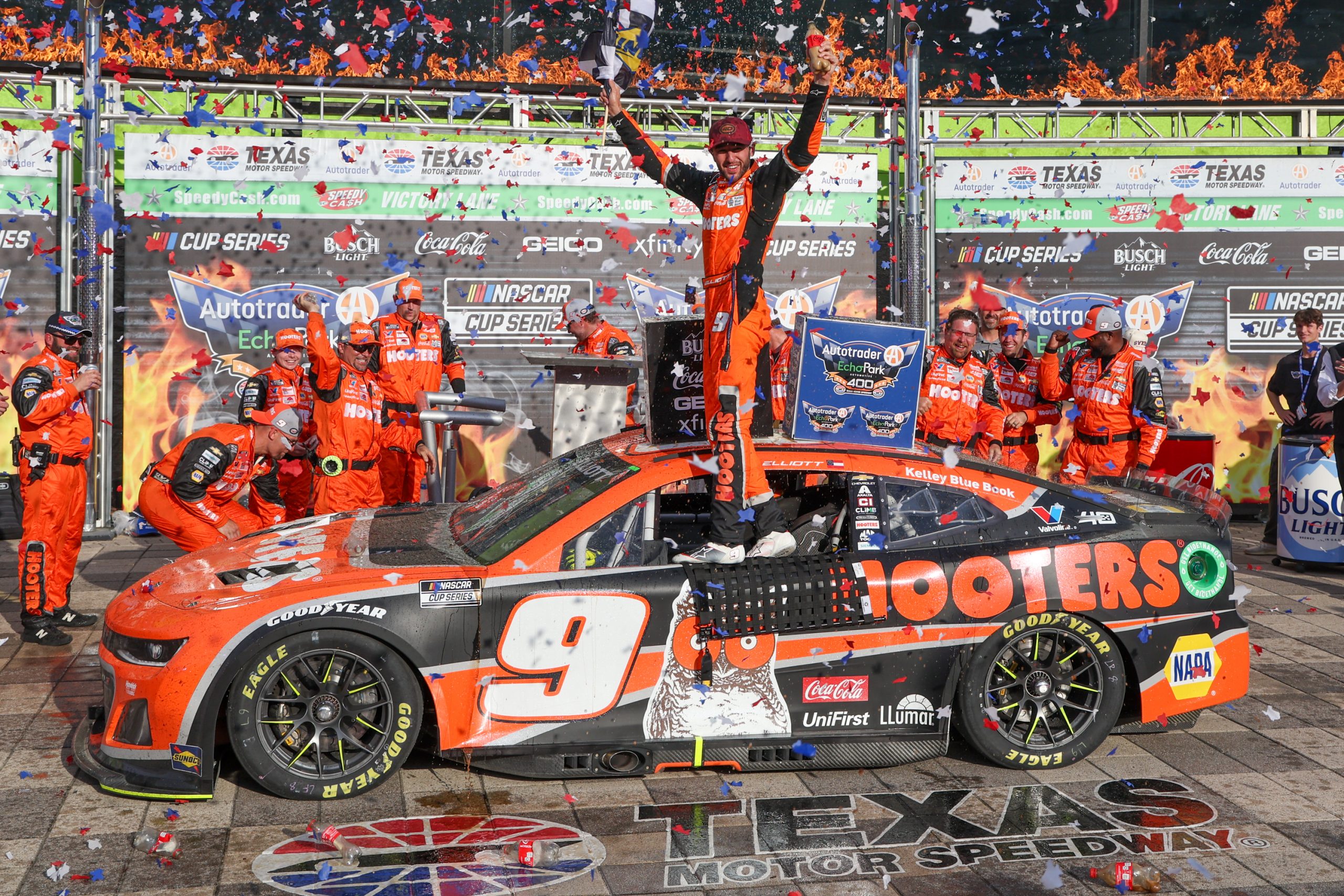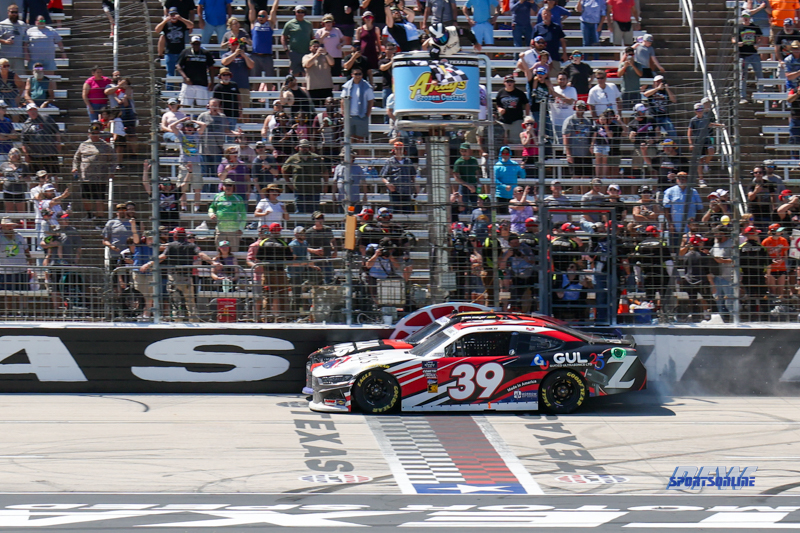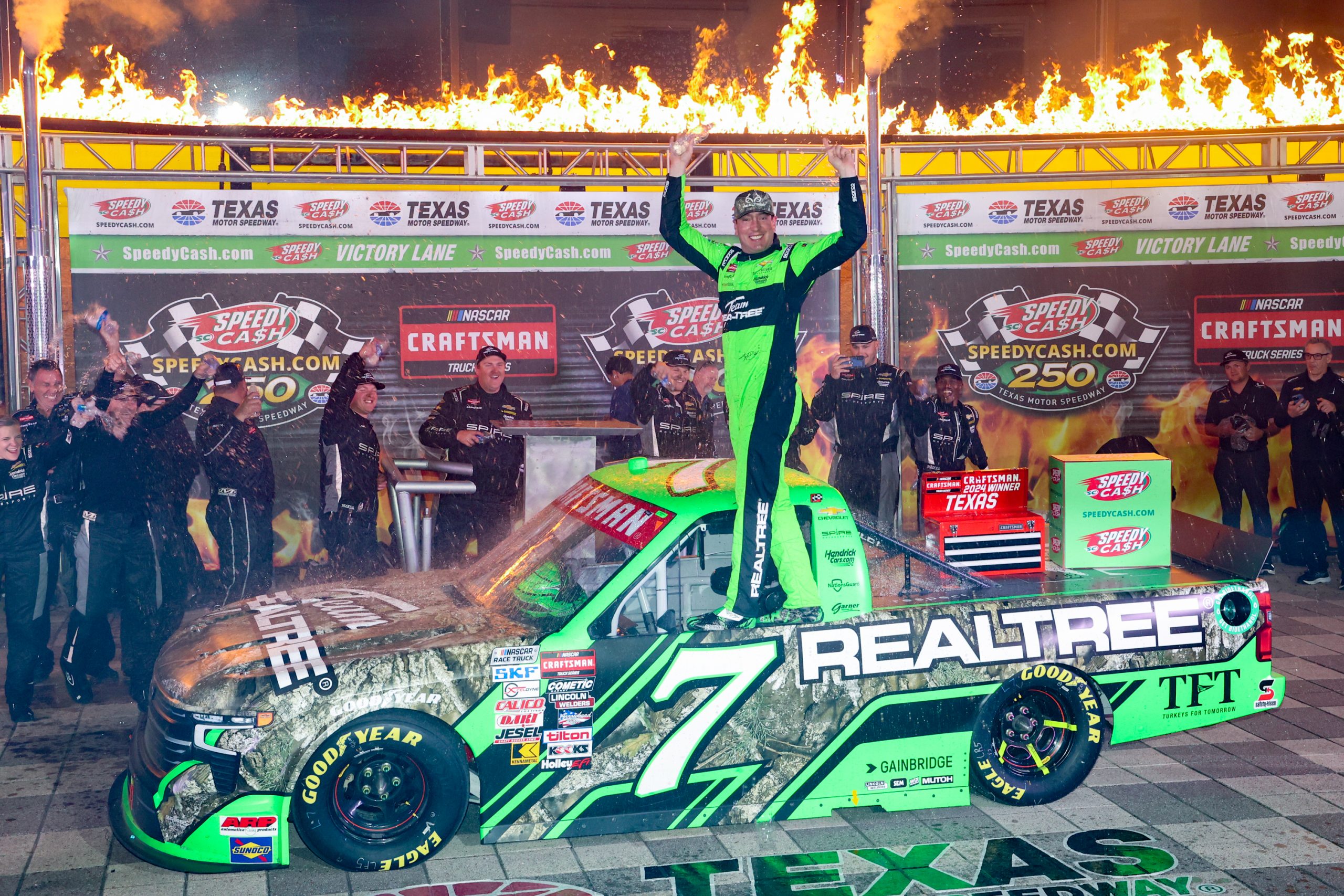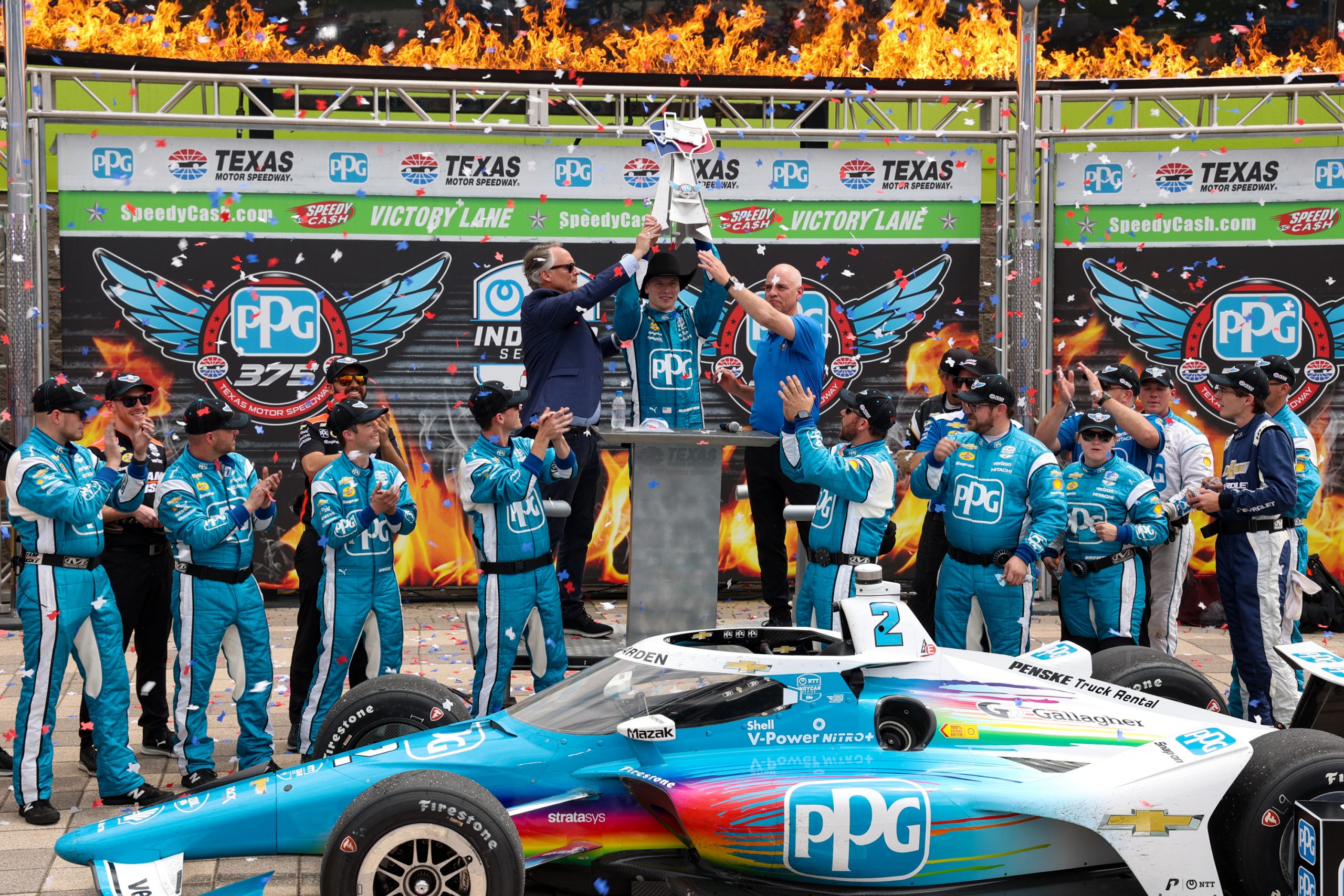{fshare id=4075}
CONCORD, N.C. – Announcing Monday what officials are describing as a culture shift, NASCAR plans to make significant changes to its competition department over the next several years with a goal of making information and rules enforcement more transparent for teams and fans.
Three NASCAR officials outlined the plans Monday at the NASCAR Research and Development Center. At the heart of the initiative are new technologies that allow for faster, more in-depth data communication.
As technologies change, said NASCAR Senior Vice President Steve O’Donnell, change is likewise needed in how the sport is officiated and the way fans receive information, both at track and via live television broadcasts.
“We want to be more nimble in what we do from a technology standpoint, be able to quickly react to the emerging technologies that are out there,” O’Donnell said. “We want to be a proving ground. When you look at NASCAR, we feel like no sport is better positioned to really take technology, showcase it in
front of some of the toughest conditions that exist in the world, and we think we’re poised to do that.”
Some changes will take effect in 2014, and NASCAR hopes to have a broader range of changes in place for the 2015 season, O’Donnell said.
Changes could be made in race qualifying procedures, although no specifics were discussed in Monday’s news media briefing. Officials plan to make much more pit-road data available to fans, perhaps by monitors or digital displays above pit stalls and through television and cell-phone displays.
A big part of the changes is a switch that will move NASCAR’s rule-making process from its officiating department to the Research and Development Center in Concord. That effectively makes Gene Stefanyshyn, NASCAR’s new vice president of innovation and racing development, the key official in rules development.
O’Donnell also said the sport’s penalty appeals process will be changed so that individuals with more expertise in particular areas will be involved. And series rule books will switch from paper products to online, so that specific rules and individual car parts can be viewed in full.
Stefanyshyn described the changes as “an era of rejuvenation and reinvention of the sport.”
O’Donnell said making core changes in the rule book will “remove a lot of gray zones when dealing with written words. We’ll have computer-aided drawings with dimensions. Our objective is to simplify and increase the objectivity of the rule book.”
O’Donnell said new rules will list specific penalties for specific infractions. “NASCAR has been criticized sometimes for being somewhat subjective,” he said. “When we look at the rule book in the future, we want to categorize penalties so they’re listed out in the rule book. … You’re going to see in the rule book ‘X’ infraction equals ‘X’ penalty. … We think it will be much more clearly defined not only for us and our competitors but for the race fans, as well.”
The sport will continue to stress innovation from its teams, however, O’Donnell said.
“We are not trying to put teams in such a box that they can’t innovate,” he said. “That’s what our sport was founded on, was innovation, being able to work and find that advantage.”
Stefanyshyn, whose job includes long-range planning for competition, said it’s important for NASCAR to move in the direction “the rest of the world is moving. To that extent, If we don’t, we essentially will disenfranchise ourselves with our next generation of fans. … The speed at which we move will be important.”
Among the changes will be standardization of officials throughout NASCAR’s three national series. Instead of being labeled Sprint Cup, Nationwide or Camping World Truck officials, those who work in the garages and on pit road will be interchangeable over the three series.
